Natural and Organic Methods for Pest Control in the Garden
Do you have annoying pests in your garden but don’t want to use harsh chemicals on your plants? I’m sharing some natural and organic methods that will help control pests in the garden and give you peace of mind.
Pest and disease control is one of the most important things to do in order to maintain your garden. The good news is that you don’t need to use dangerous chemicals to do it. There are safer alternatives and natural ways to keep pests out of your garden.
It’s important to use eco-friendly and sustainable practices that not only help us grow healthier plants, but keep wildlife, pollinators, pets, and everyone else safe as well.
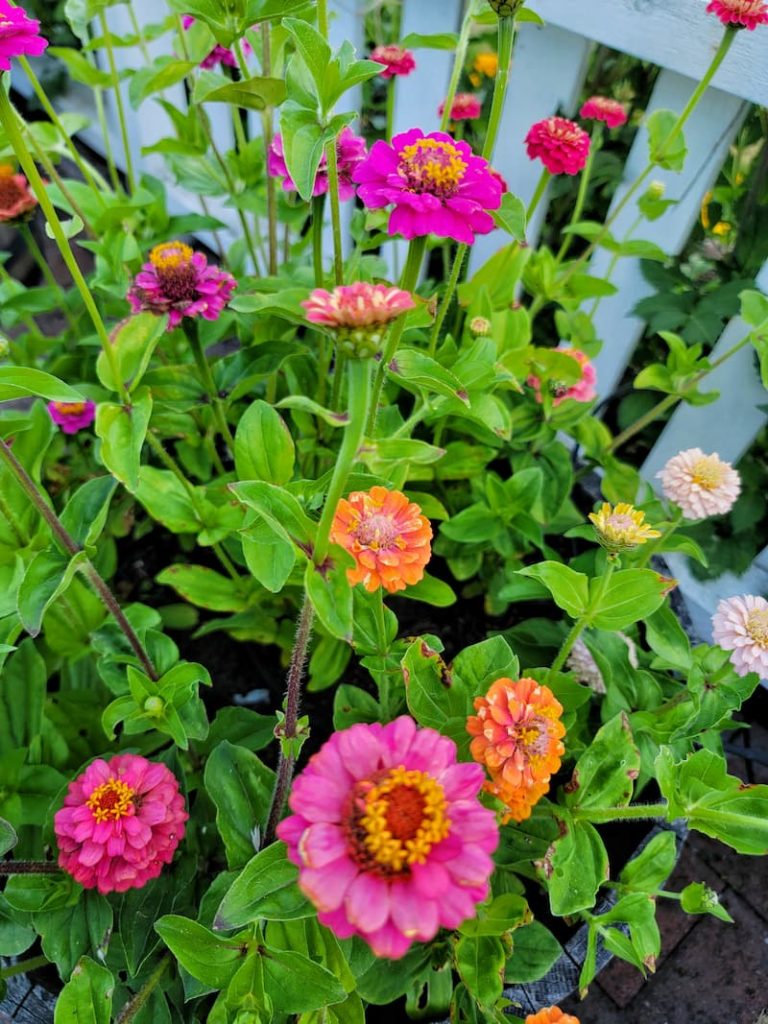
As an Amazon affiliate, I earn a commission from qualifying purchases at no additional cost to you. My blog also features other affiliate links for your convenience. Click here to read my privacy policy.
Why Natural Pest Control Matters
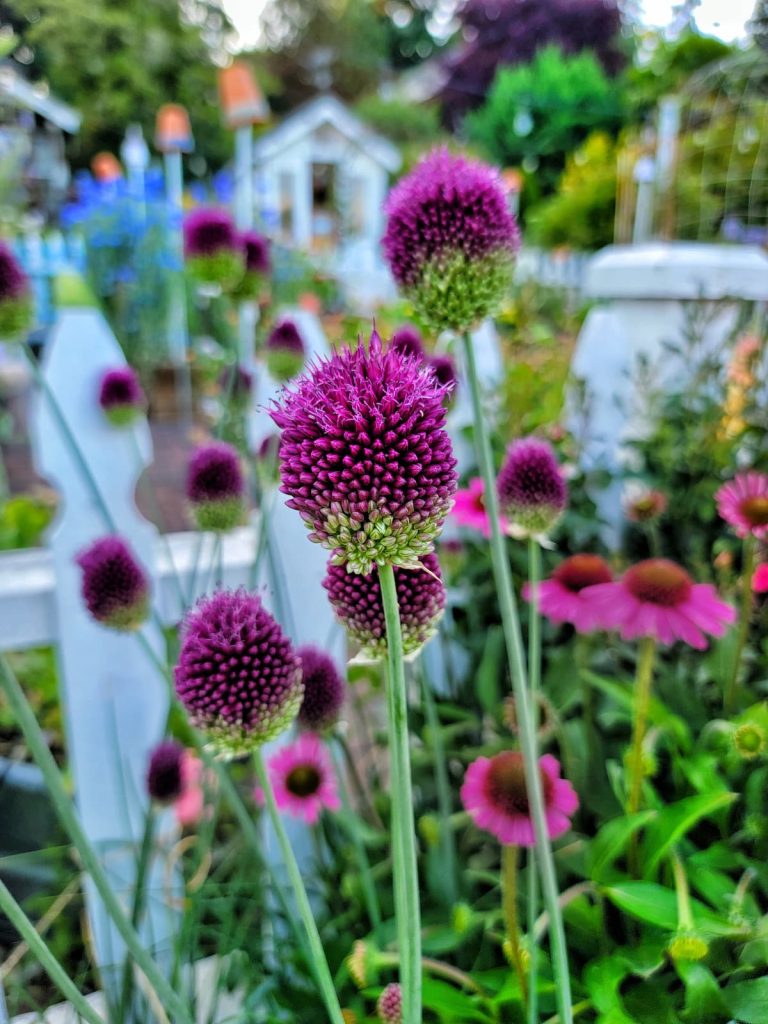
Using organic and eco-friendly pest management methods can help maintain a balanced ecosystem. It’s also a natural way to promote the long-term health and sustainability of your garden.
Advantages of Natural and Organic Pest and Disease Control
Natural garden pest control offers numerous advantages. They target pests without harming beneficial organisms, avoid toxic chemicals, and pose fewer health risks.
These methods give the best results in promoting healthy soil, biodiversity, and overall sustainability, creating a thriving and eco-friendly garden.
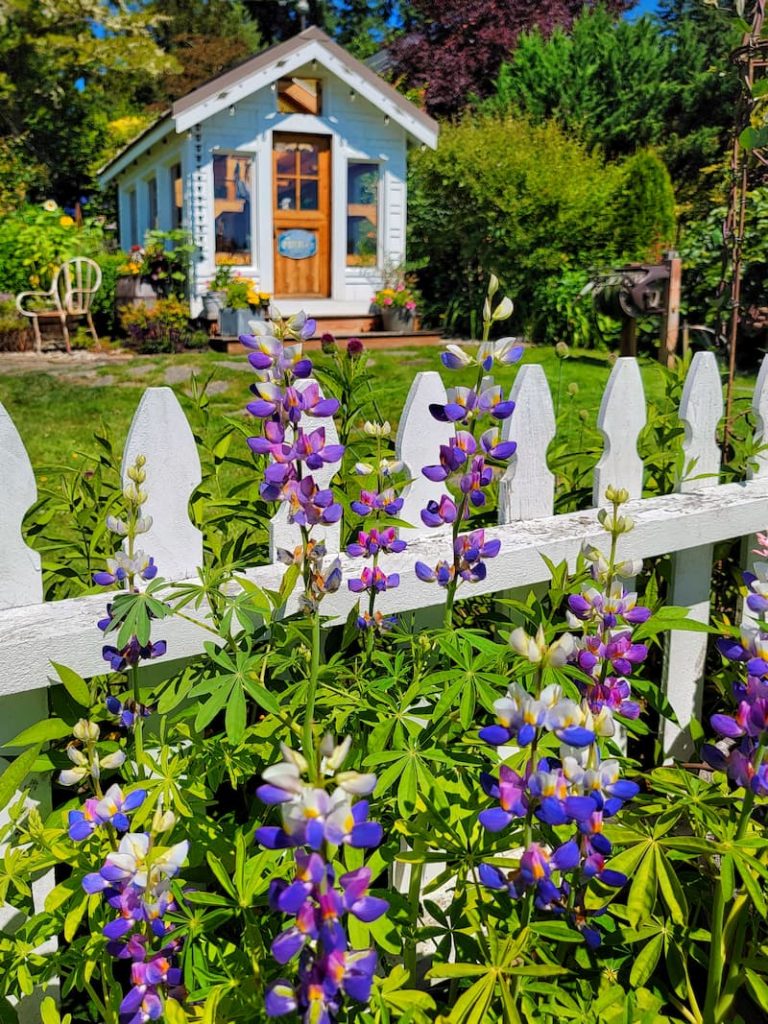
Negative Impacts of Chemical Pesticides
Using toxic chemicals on garden plants can cause them to become dependent, leading to a loss of natural pest control and harming the overall health of the garden and its environment.
Here are some reasons why it’s better not to use harsh chemicals in your garden:
Common Garden Pests to Control
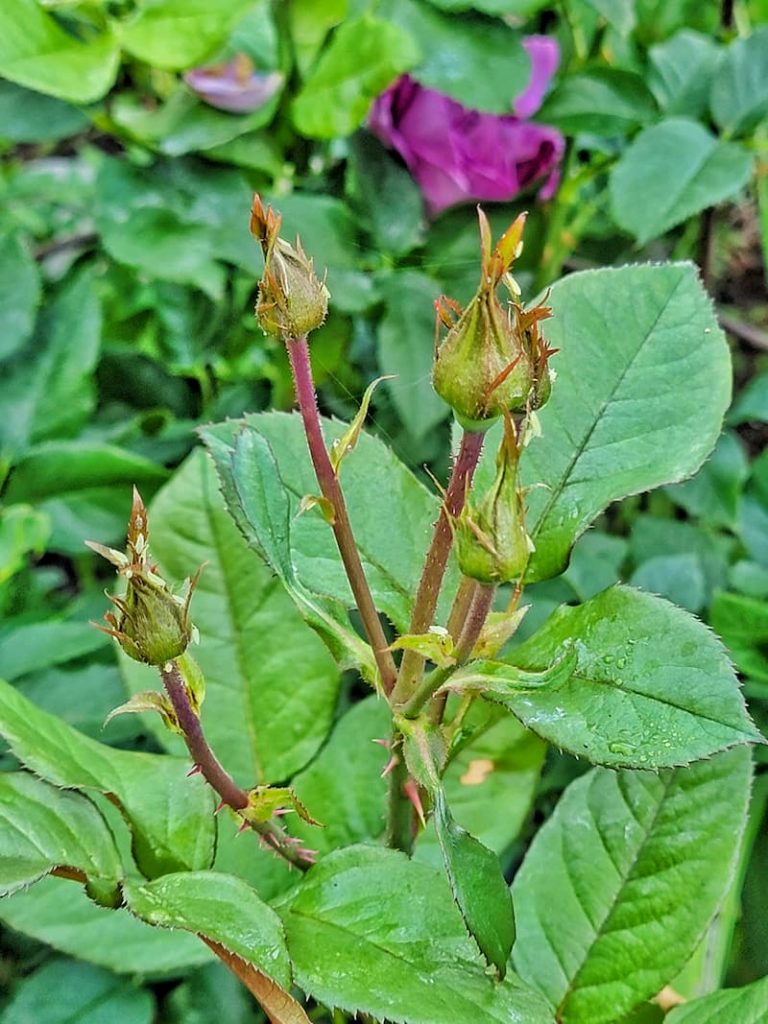
The first step in combating garden pests and disease problems is to know what you’re looking for.
By becoming familiar with common pests like aphids, spider mites, Japanese beetles, caterpillars, and the insect damage they cause on plants, you’ll be able to take quick action when necessary.
Deer and rabbits eat certain plants in the garden as well.
10 Strategies for Natural Pest Control in the Garden
1. Crop Rotation and Intercropping
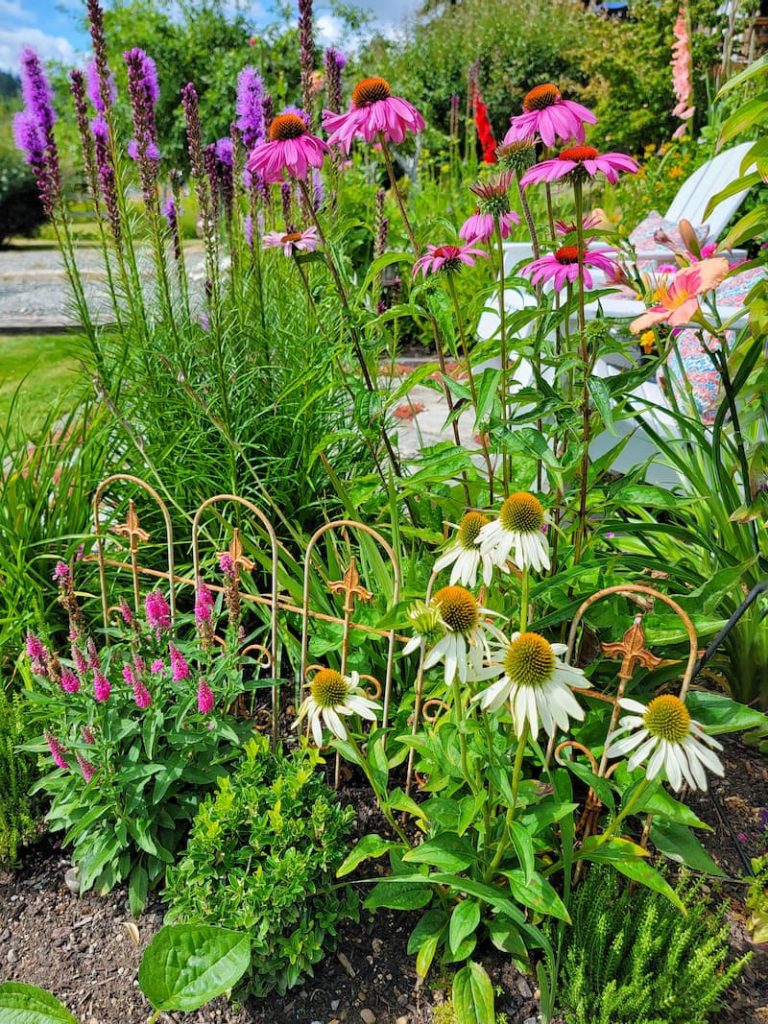
One of the simplest yet most effective techniques to control pest infestation is crop rotation and intercropping.
Intercropping is the practice of growing different crops together which confuses and also repels pests, making it harder for them to locate their favored host plants.
By varying the types of crops grown in specific areas each season, it disrupts the life cycles of pests that target specific plants.
2. Proper Soil Health and Nutrition to Boost Plant Immunity
Healthy plants are naturally more resistant to pests and diseases.
Building and maintaining soil health through composting, mulching, and organic matter not only enriches the soil but also promotes strong plant growth.
3. Natural Pest-Control Flowers
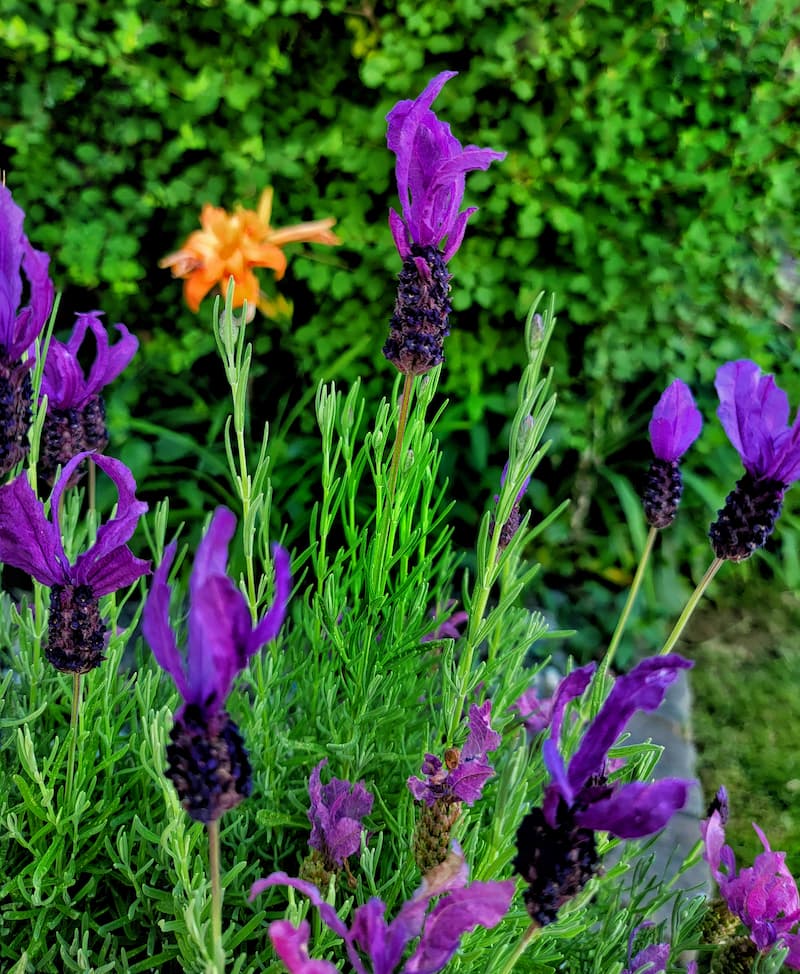
Growing pest-resistant plant varieties is a smart strategy to minimize the vulnerability of your garden.
By opting for these varieties, you can significantly reduce the risk of insect infestation without relying on chemical interventions.
Researching and choosing appropriate plant varieties that thrive in your local climate, and are naturally resilient, can certainly be a game-changer for your garden’s long-term success.
Here are some examples:
Bug-Resistant Plants
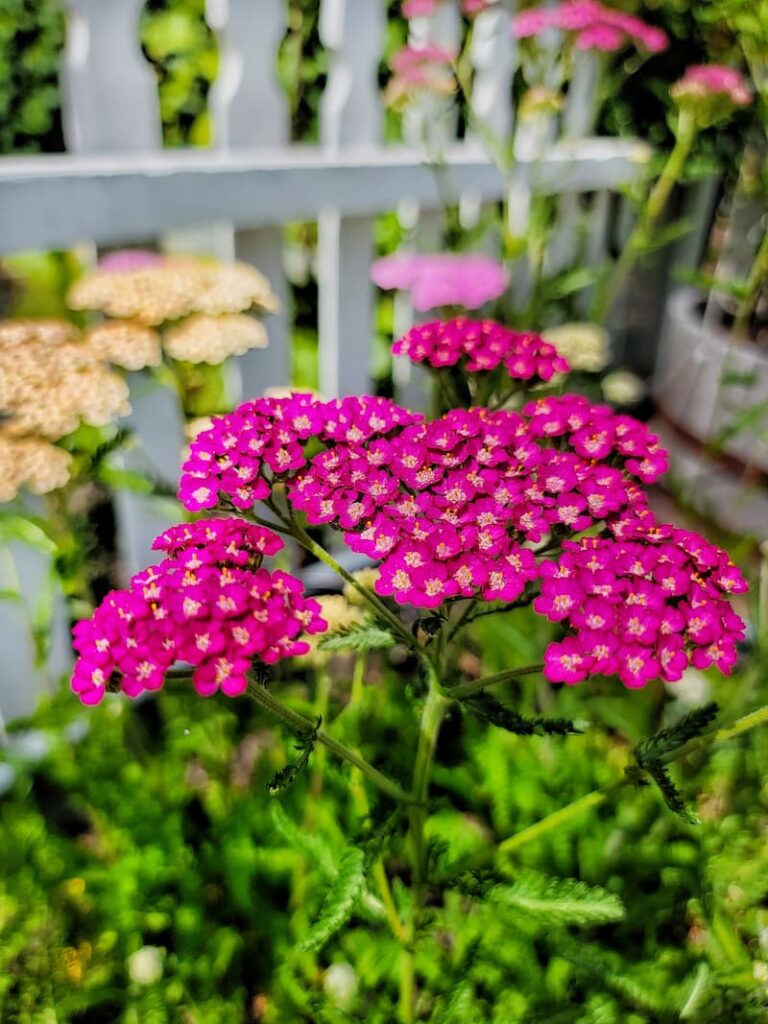
Deer-Resistant Plants
21 Deer-Resistant Plants for the Garden
4. Maintaining Your Garden
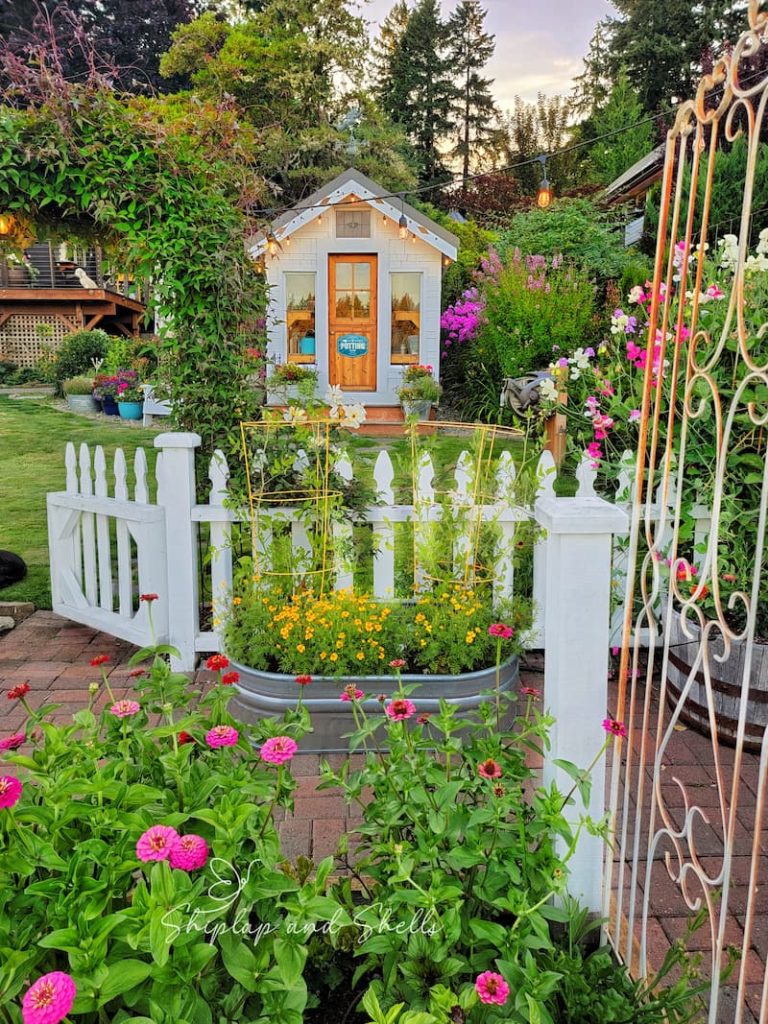
Good garden maintenance plays a pivotal role in stopping the spread of pests and diseases.
Regularly removing plant debris, fallen leaves, and weeds can eliminate potential hiding spots and breeding grounds for pests.
Good air circulation throughout the growing season is an easy way to help keep your plants healthier and more resistant to pest problems.
Pruning and disposing of infected plant parts quickly can halt the spread of diseases. Also, maintaining clean gardening tools helps prevent the spread of pathogens from one plant to another.
5. Attracting Beneficial Insects & Natural Predators
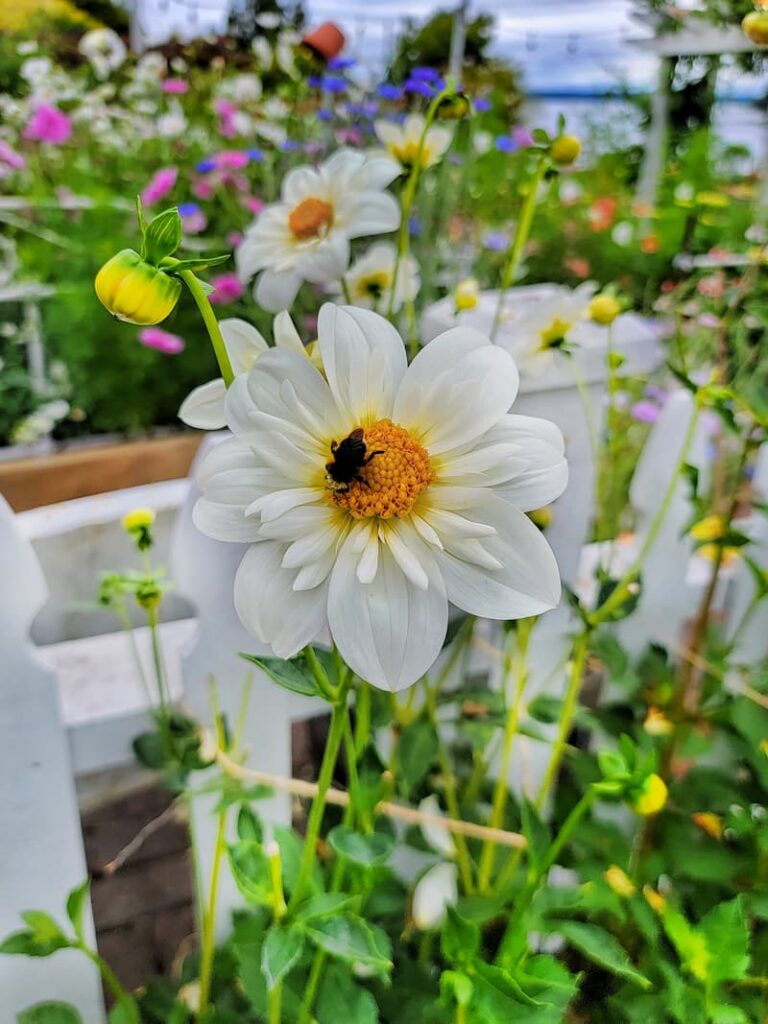
Encouraging natural predators like ladybugs, lacewings, and birds by providing the right habitats or food sources can help keep pests away.
From the ladybug larvae that devour aphids to the ground beetles that consume slugs, these insects are nature’s pest control squad.
Beneficial insects for pest control, specifically pollinators, play a critical role in maintaining the garden’s balance and productivity.
6. Companion Planting in Your Garden
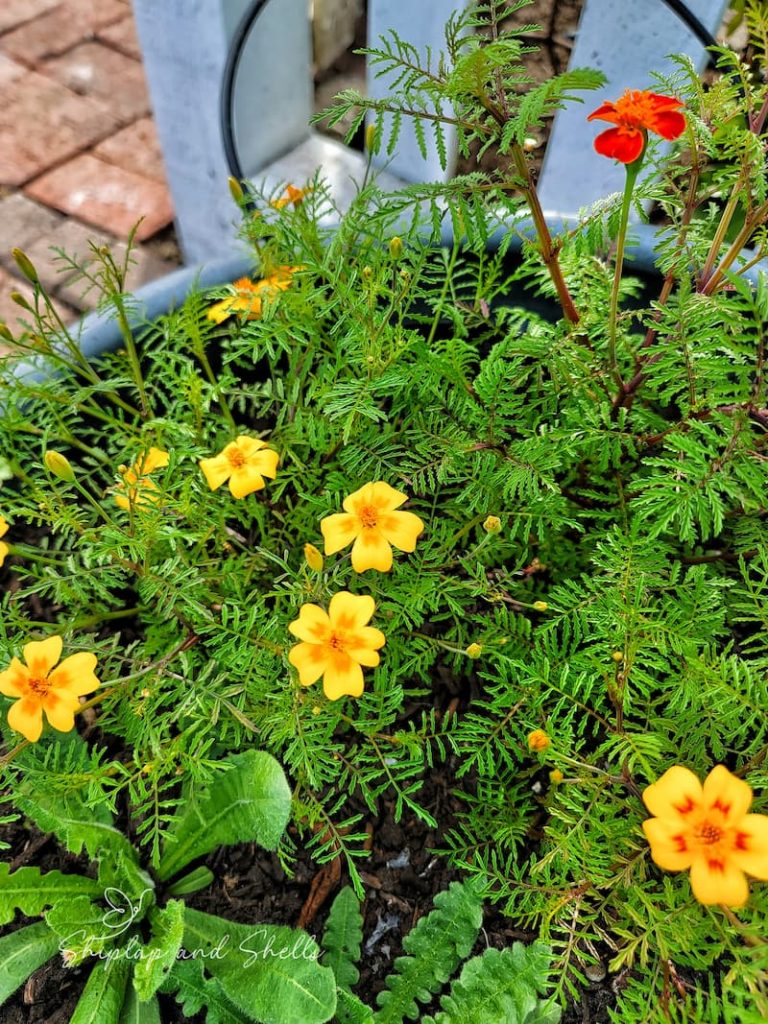
The concept of companion planting is when you strategically plant pest-repellent flowers or herbs to actively repel pests. By pairing compatible plants, you can create a garden ecosystem that naturally deters pests.
Aromatic herbs like basil, rosemary, and mint act as natural pest repellents when planted alongside susceptible vegetables.
The scent of marigolds can deter nematodes and other soil-borne pests. Alliums like onions and garlic can fend off common insect invaders.
Nasturtiums not only add a splash of color to the garden but also release chemicals that deter aphids and squash bugs.
7. DIY Organic Pest Control Remedies
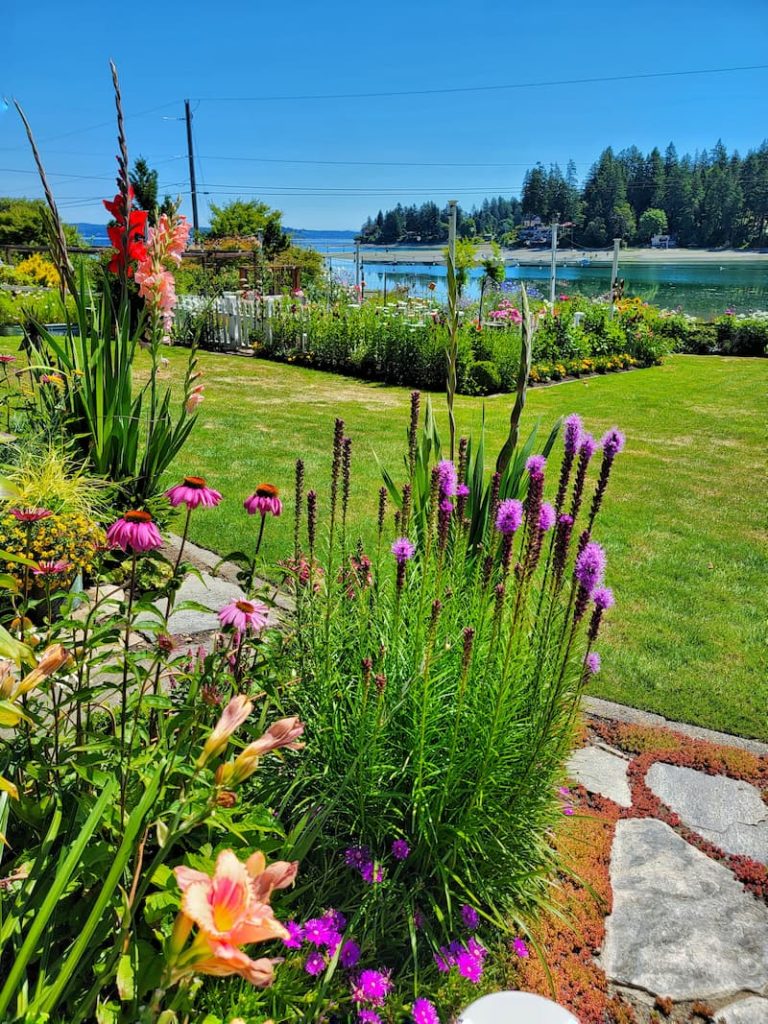
Homemade organic pest solutions are one of the non-toxic ways to create a thriving garden. These homemade solutions are also easy to make and safe for your plants, pets, and the good bugs in your garden.
Insecticidal Soaps
By combining simple ingredients like liquid soap, water, and vegetable oil, you can create a potent insecticidal spray that suffocates soft-bodied insects like aphids, mealybugs, and spider mites.
Neem Oil
One of my favorite insect repellents is neem oil. Derived from the seeds of the neem tree, it’s a versatile and potent organic remedy for pests and acts as an insect growth regulator, disrupting the lifecycle of various garden pests.
Using diluted neem oil in a spray bottle is effective against an array of insects, including caterpillars, whiteflies, and leafhoppers.
Garlic and Chili Pepper-Based Repellents
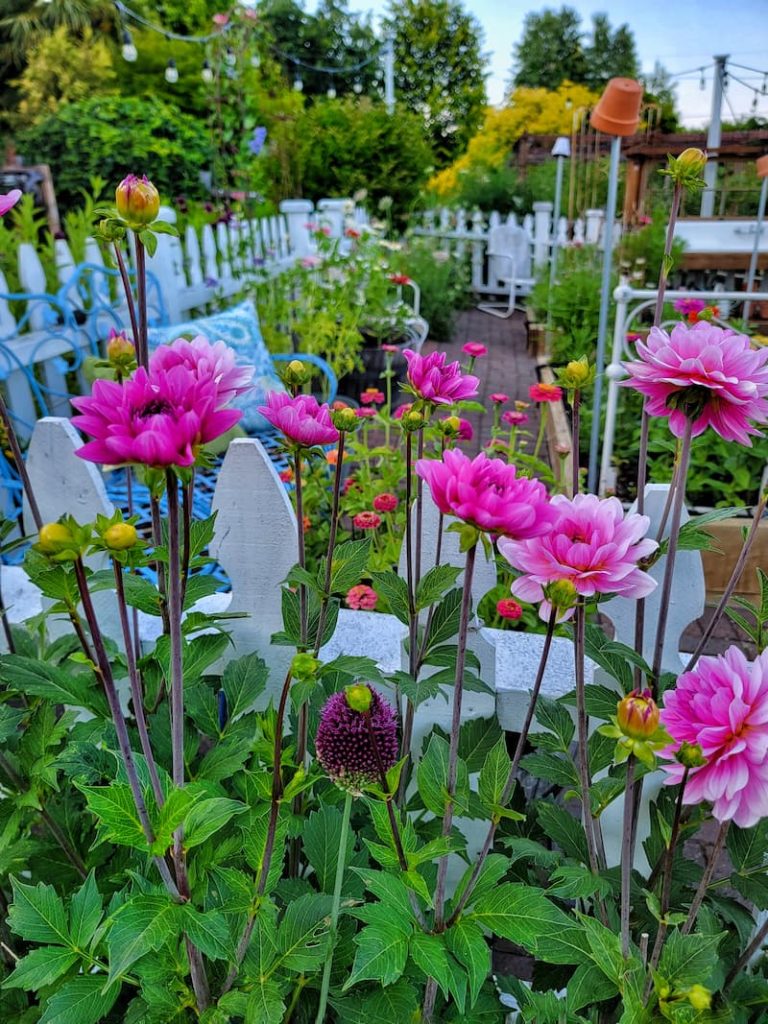
Some of the best pest remedies can be found right in your kitchen. Garlic and chili peppers possess natural compounds that repel many garden pests.
By steeping minced garlic and crushed chili peppers in water, you can create a potent repellent spray that keeps insects, such as aphids, beetles, and even rabbits, away from your precious plants.
Herbal Solutions for Disease Prevention
Using plants like chamomile, comfrey, and horsetail can help prevent and combat fungal infections, such as powdery mildew and rust.
These natural remedies not only protect your plants but also nourish the soil, contributing to a thriving and sustainable garden ecosystem.
8. Regular Inspection and Early Detection of Pests and Diseases
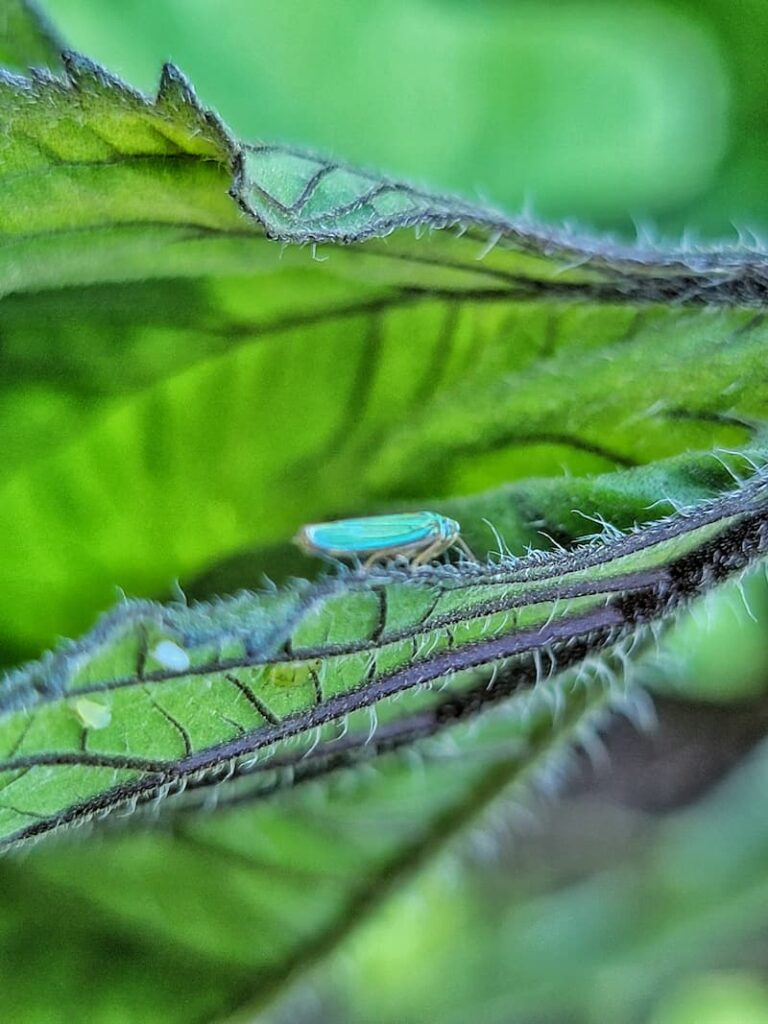
The first line of defense against potential pests and diseases is to regularly inspect your plants for signs of damage, discoloration, or unusual growth patterns allowing you to catch problems right from the start.
Daily walks through your garden are the perfect opportunities for minimizing the damage from pests and diseases.
9. Physical Pest Control Barriers
Physical barriers such as row covers and netting can also prevent pests from getting to your flowers.
10. Handpicking Larger Pests
One of the best solutions for larger insects like caterpillars and beetles is handpicking them off plants which can be an effective way to control their population.
Best Store-Bought Organic Pest Products
Shop natural pest control products that I use in my garden:
Garden Supplies and Tools
Check out my favorite garden supplies and tools for the growing season. Whether you’re looking for potting soil or deer repellent, you’ll find what I use in my own garden.
Common Questions About Natural Pest Solutions
How Do I Get Rid of Bugs in My Garden Flowers?

If you have a pest problem, consider using all-natural pest solutions such as introducing beneficial insects, using neem oil or garlic-based repellents, and maintaining good garden hygiene to discourage pests.
How Do I Keep Bugs Off My Plants Without Pesticides?
To keep bugs off your plants without pesticides, try using physical barriers like row covers, companion planting with pest-repelling herbs, encouraging beneficial insects, and handpicking pests when spotted.
Is Vinegar a Good Pesticide for Plants?
Vinegar can be used as a natural pesticide for plants to some extent, primarily for controlling weeds and certain soft-bodied pests, but it should be used with caution as it can also harm desirable plants and soil if not used properly.
Apple cider vinegar can be used as a natural pesticide for certain plants, as it acts as a repellent against pests like aphids and fruit flies; however, it should be used with caution and in diluted form to avoid harming plants.
Is Dawn Dish Soap Safe for Plants?
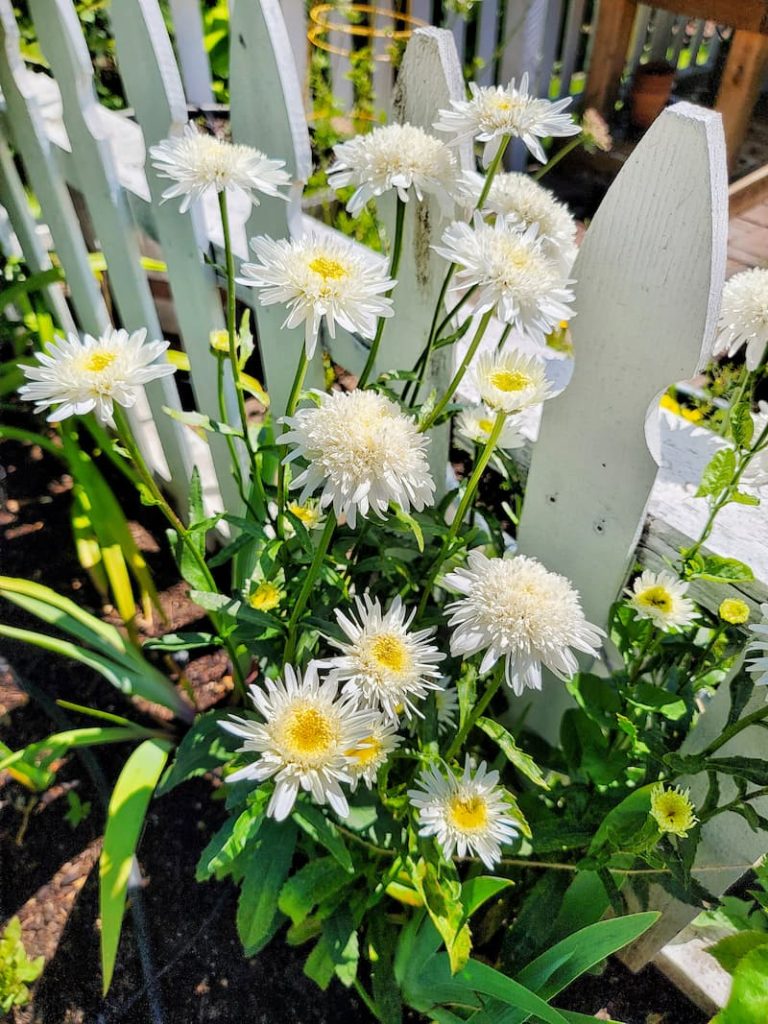
Yes, when used in moderation and properly diluted, Dawn dish soap is generally safe for plants and can be used as an effective natural insecticidal soap to control certain pests on plants.
Do Coffee Grounds Keep Bugs Away?
Coffee grounds can act as a natural repellent for certain pests like slugs and snails due to their abrasive texture and strong scent, making them less appealing to these insects.
Can You Garden Without Pesticides?
Yes, gardening without pesticides is entirely possible by adopting natural and organic pest control methods, such as companion planting, introducing beneficial insects, using physical barriers, and maintaining proper garden hygiene.
Final Thoughts On Natural Pest Control Methods
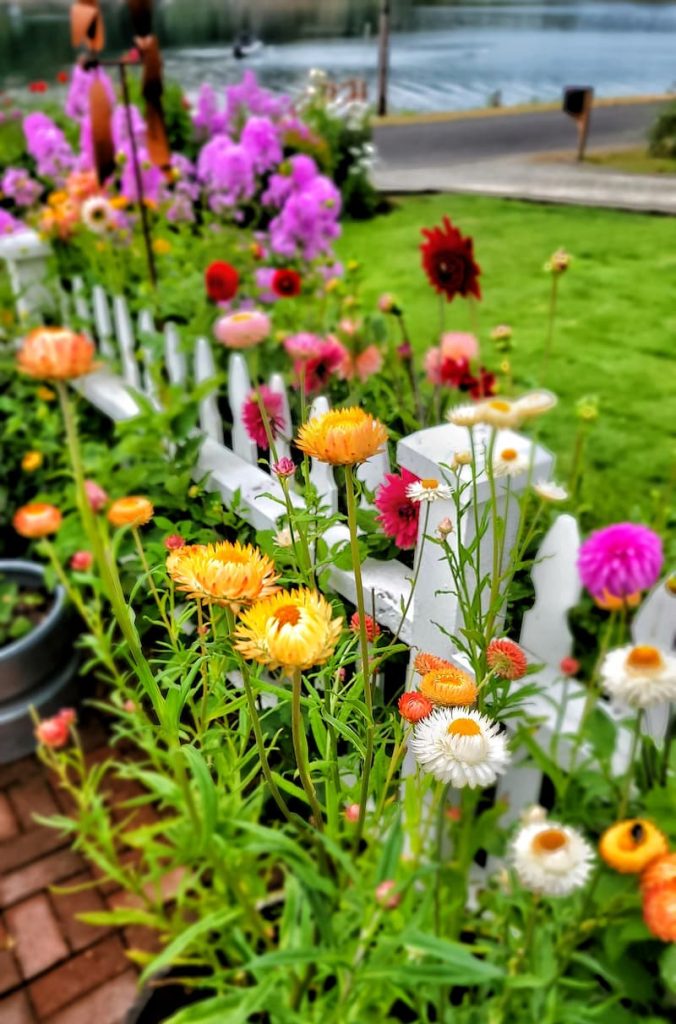
Natural and organic pest control methods offer a sustainable and eco-friendly approach to protecting our gardens. We create a thriving garden ecosystem without harmful chemicals by using companion planting, beneficial insects, herbal solutions, and green pest control options.
Sustainable gardening practices are not hard work and will result in a healthier garden, and give you the peace of mind that you are gardening safely.
If you have any questions or additional suggestions, please share them in the comments below. And be sure to share this blog post link with anyone who may find these gardening tips useful.
Until next time,
Happy Organic Gardening!

I’m a self-taught hobby gardener. Everything I share on my blog is my opinion and what has worked for me.
Gardening Made Simple – Your Guide to Beginning Gardening
MORE POSTS
For You To Enjoy
Follow Me for More Inspiration
Shop my Amazon Storefront, LTK sources, and my favorite home decor, garden, and lifestyle products. When you purchase from one of my links, I earn a small commission, which helps me continue sharing all the content you expect on my blog.
Be sure to follow me on Pinterest, Instagram, Facebook, TikTok and LIKEtoKNOW.it. Do you like gardening? Join my Facebook Gardening Tips & Tricks group.

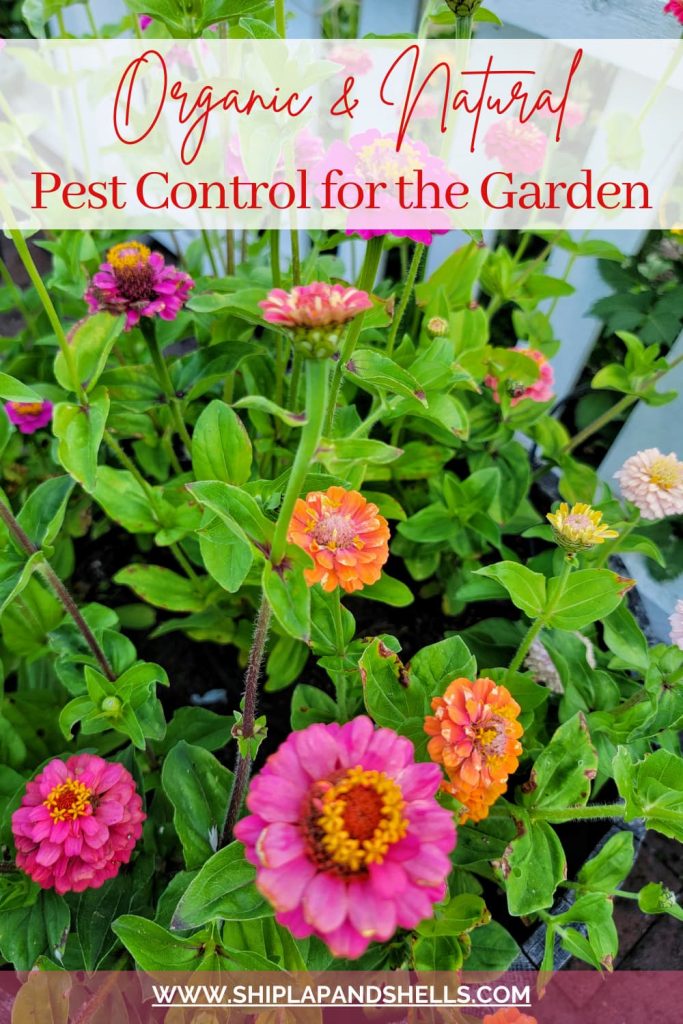

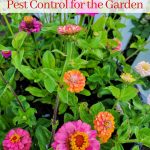
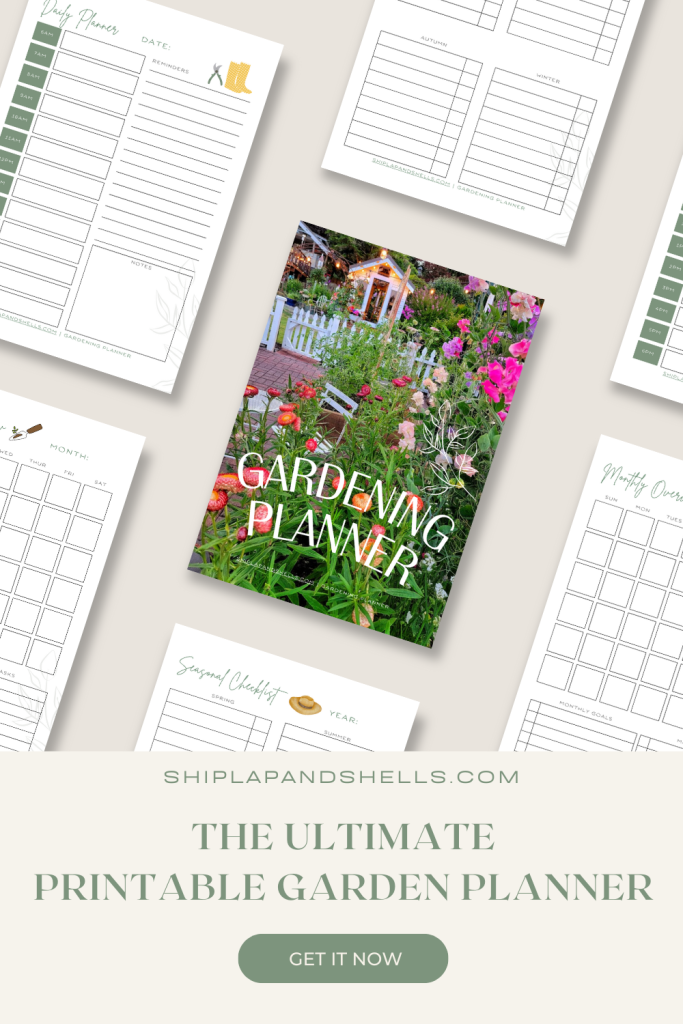
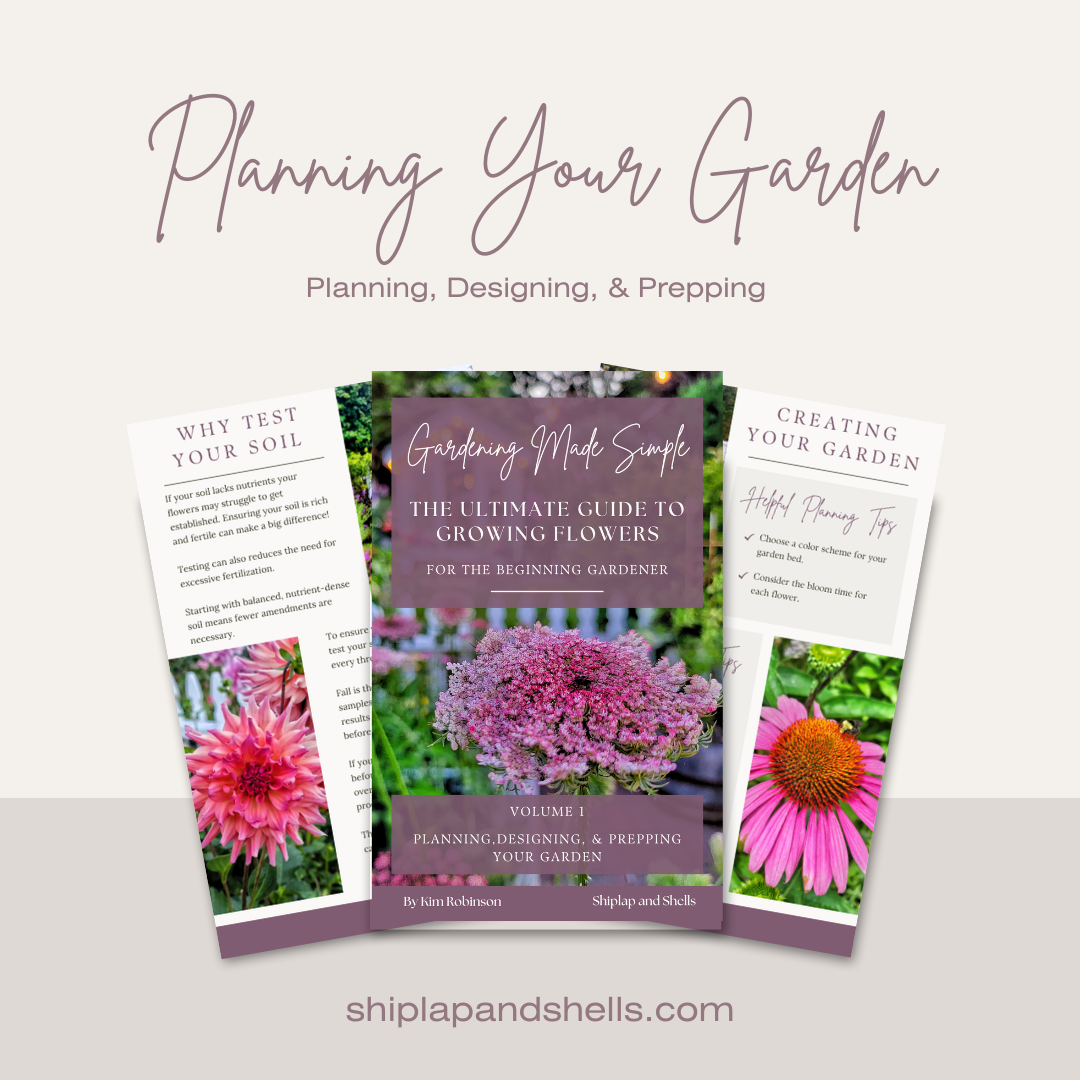
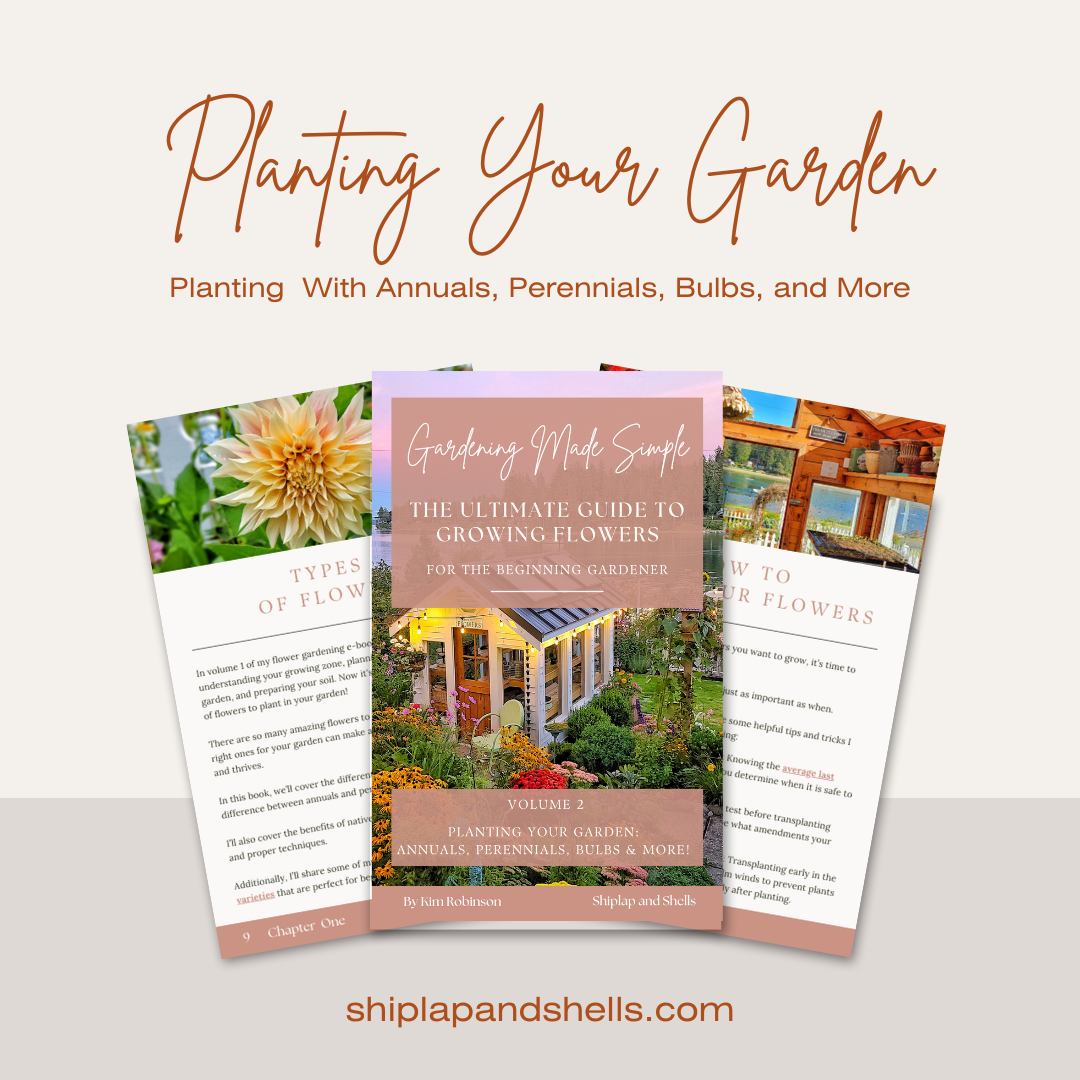
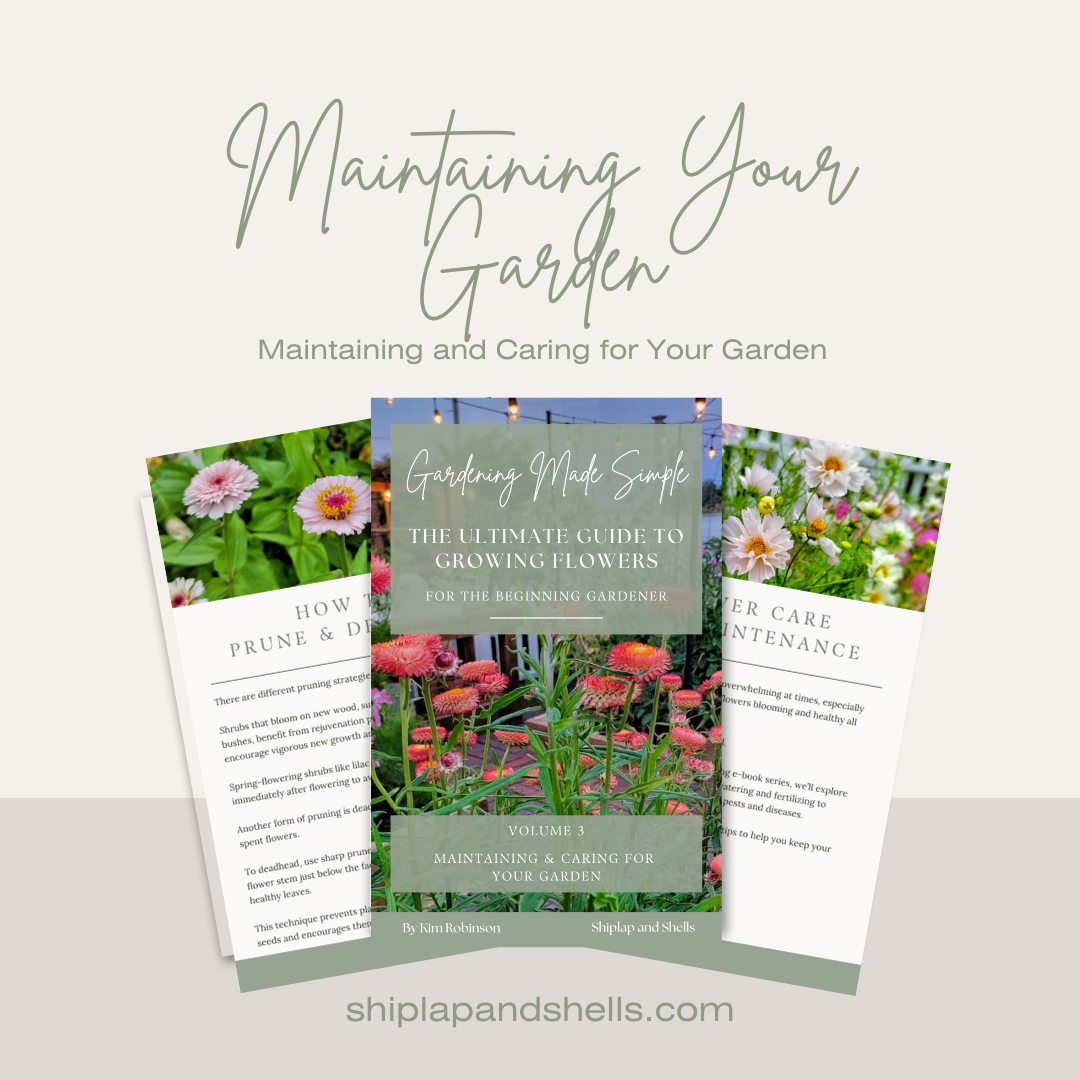
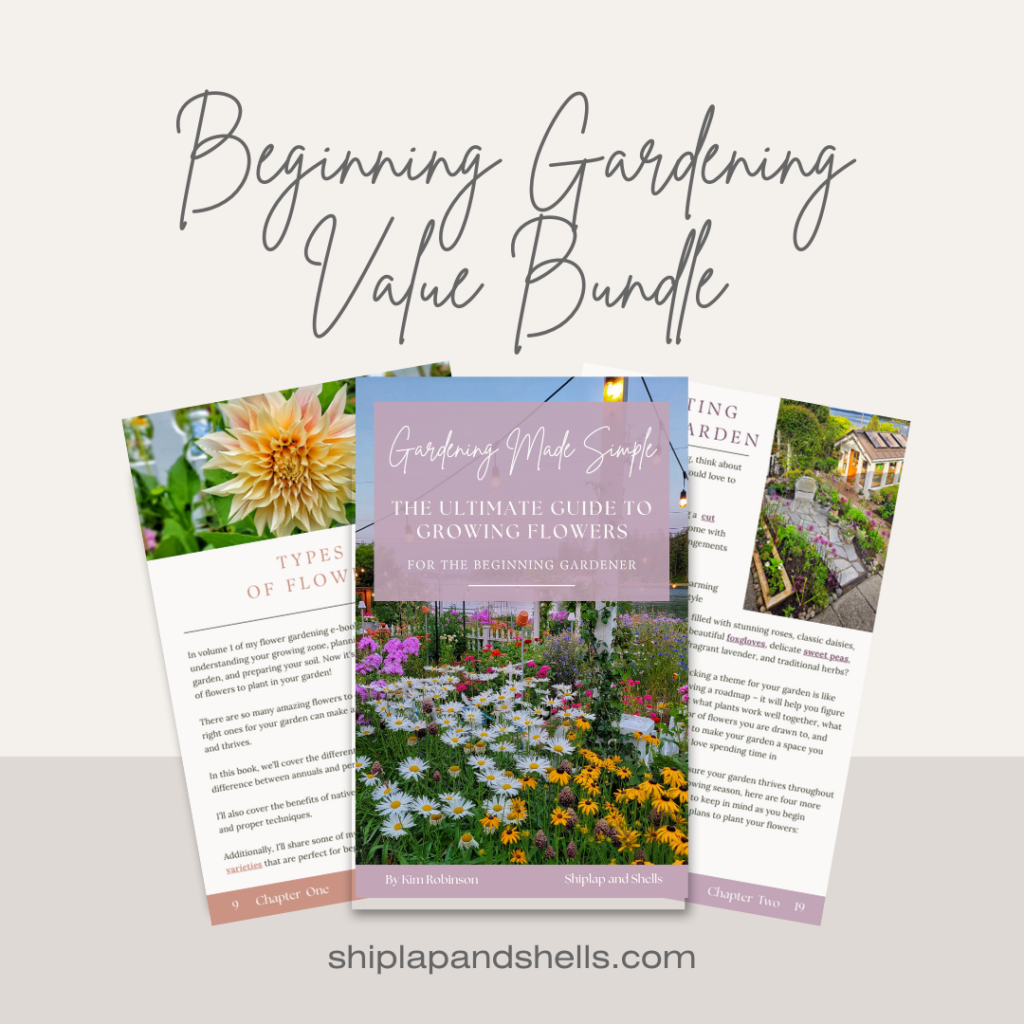
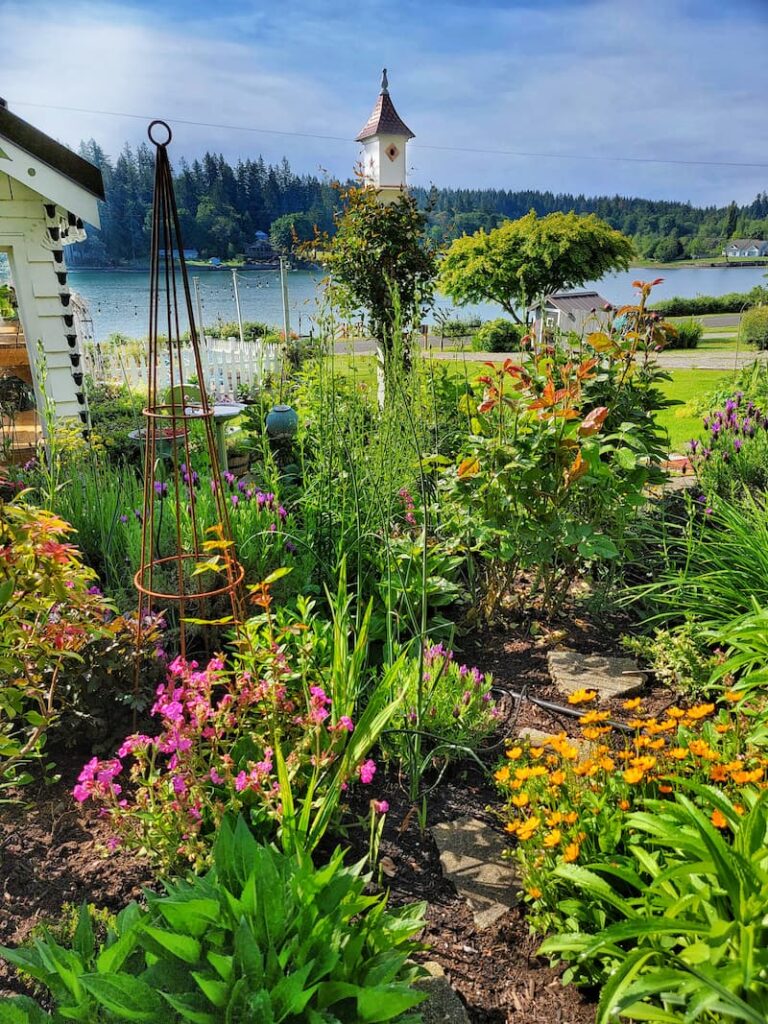

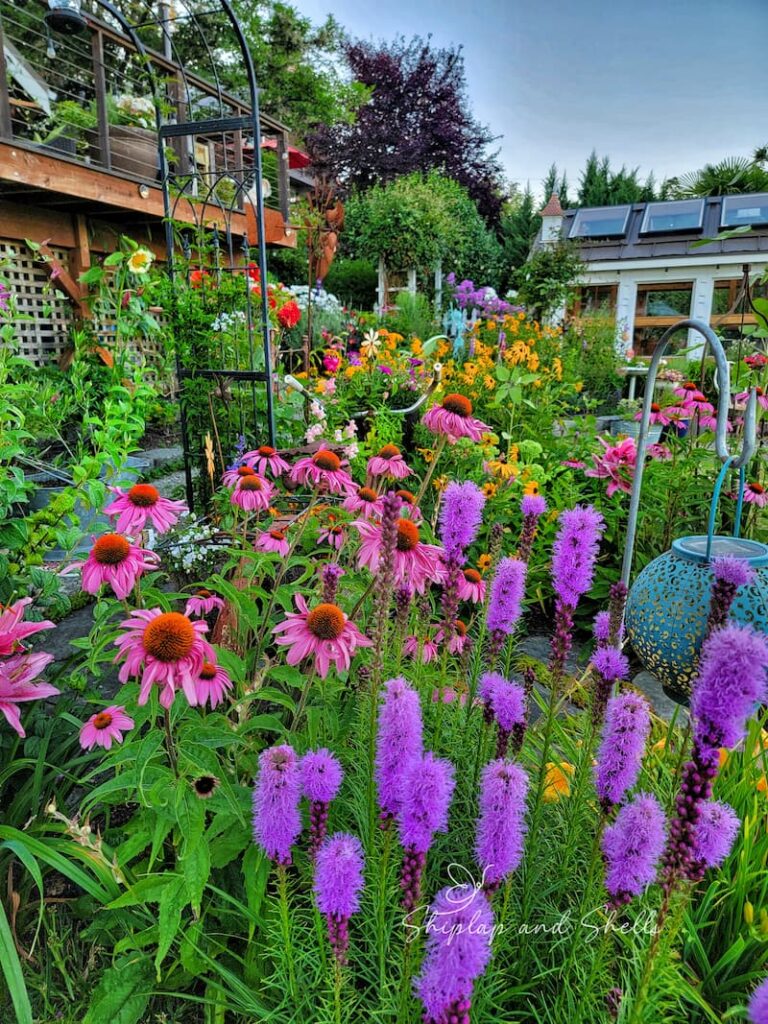
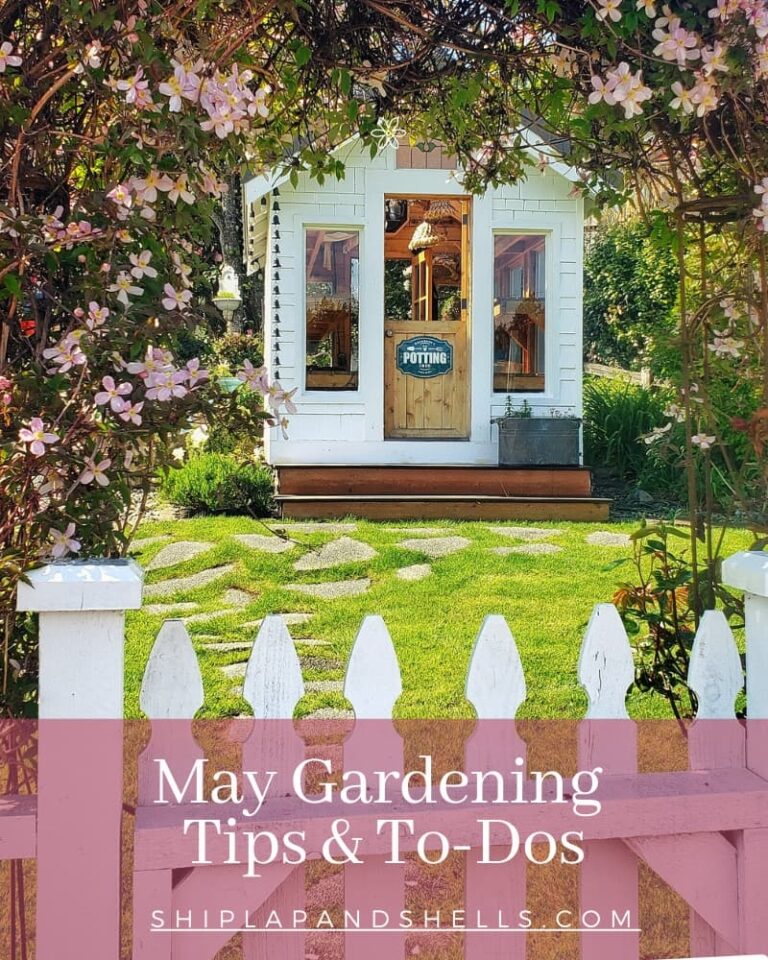
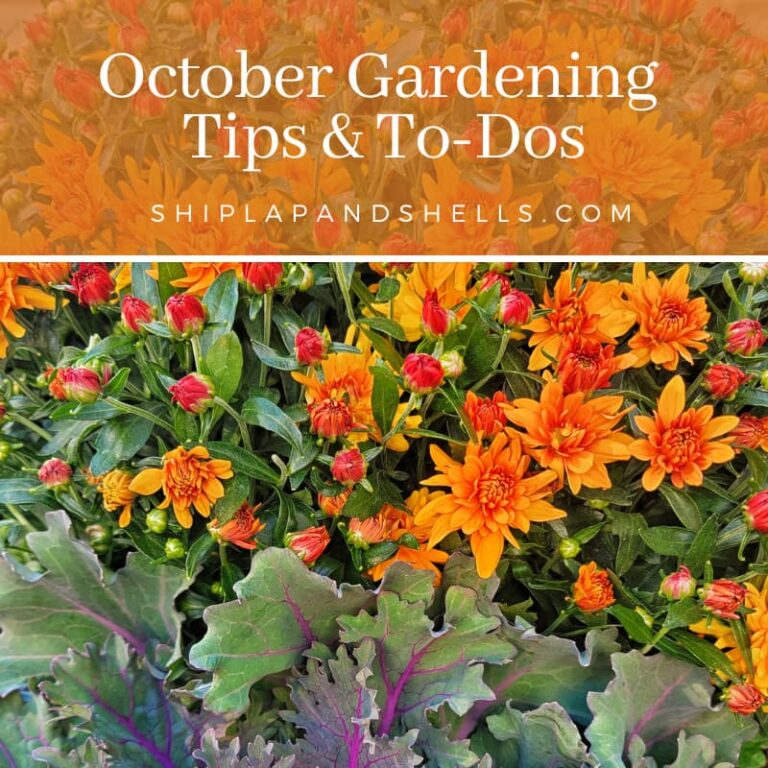
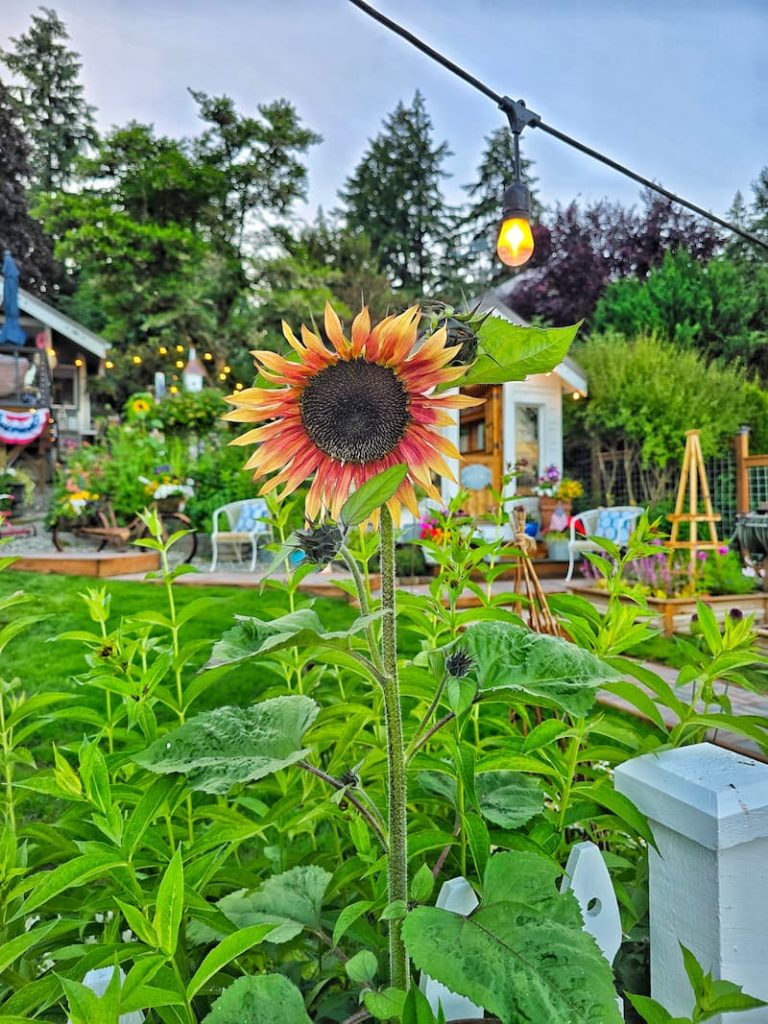
How often do you apply Neem oil? I have been battling grasshoppers, aphids, and another bug I am unsure of.
For an active issue I would spray 1-2 times a week, but for preventative treatment, I would look spray every 7-14 days. Good luck!
I need help with ants! Every time I get rid of one bed, they move to a different spot. Great information!
I can’t stand ants! We have been told that we live on an ant hill. How fun is that??? Because of this we have a service that comes and sprays once a month. But as far as help in the garden beds, here’s an article that I found with great info. When it says that ants don’t like marigolds, I would have to question that. When my marigold seedlings were in the greenhouse, they went after them big time! I’d consider Diatomaceous Earth https://go.shiplapandshells.com/amzn/diatomaceousearth1
Here’s the article: https://www.marthastewart.com/1541446/how-get-rid-ant-beds
I always learn so much from you Kim!! Thanks for sharing!
Such a great and helpful post! This season I have been really succeeding in battling organically all the pests. So many great ways to succeed at this if we are more conscious of our decision. LOVE THIS!